Rikki Neave: Key moments from murder trial after missing six-year-old boy found dead in woods
James Watson is accused of historic killing after schoolboy went missing nearly 28 years ago
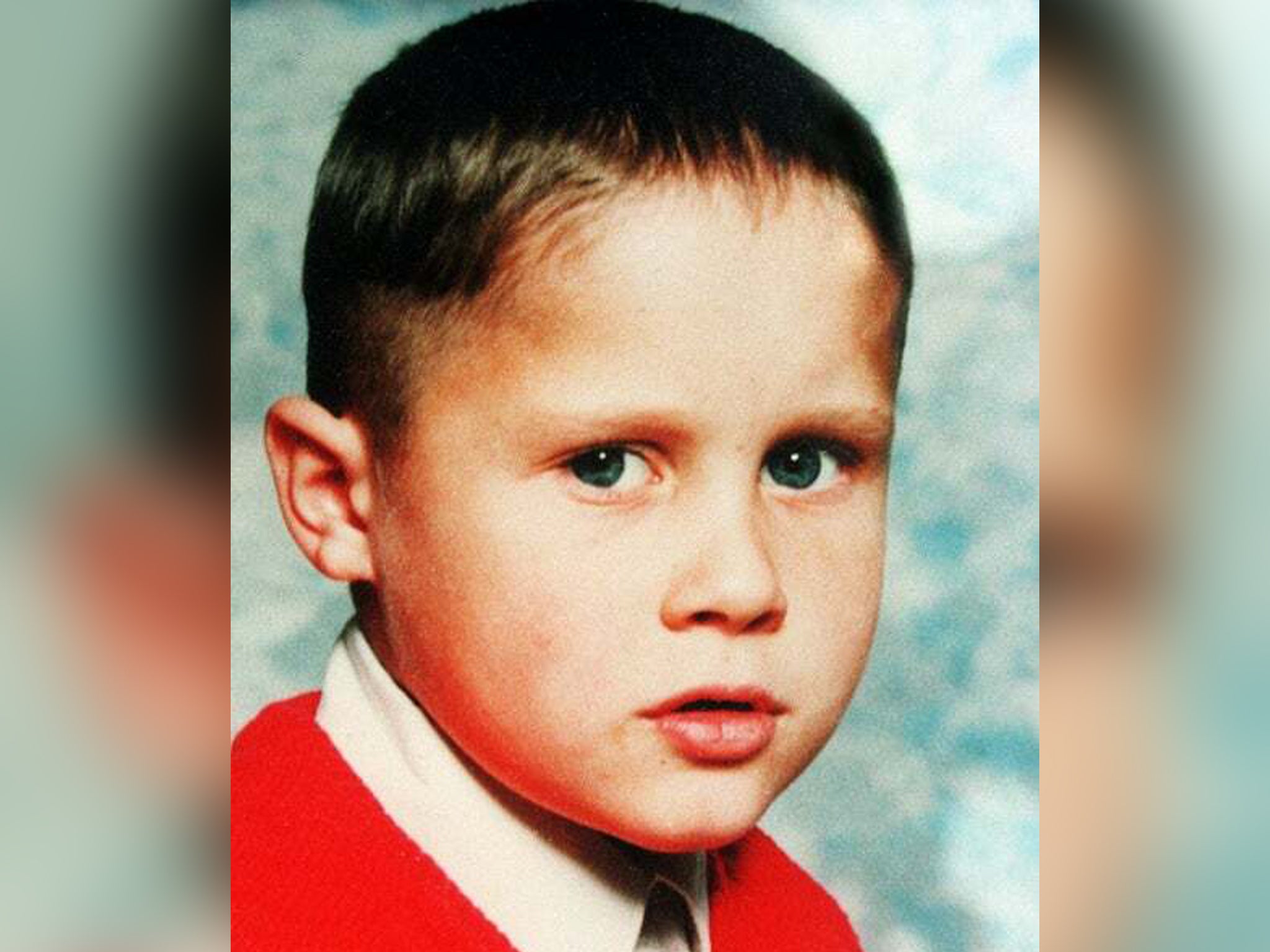
The jury in the murder trial of a school boy found dead in woodland nearly 28 years ago have retired to consider their verdict.
James Watson, 40, denies the murder of Rikki Neave, who went missing in November 1994 and whose body was near Peterborough the following day.
A post-mortem examination concluded that Rikki, who had disappeared after leaving home to walk to school, had been strangled.
Rikki’s mother, Ruth, was originally accused of killing her son in 1995 and denied the charge. She was later cleared of the murder but was instead found guilty of child neglect and cruelty, and jailed for seven years.
For more than two decades, no one has been convicted over the child’s death but in 2014, police decided to review the cold case and began reinvestigating in 2015.
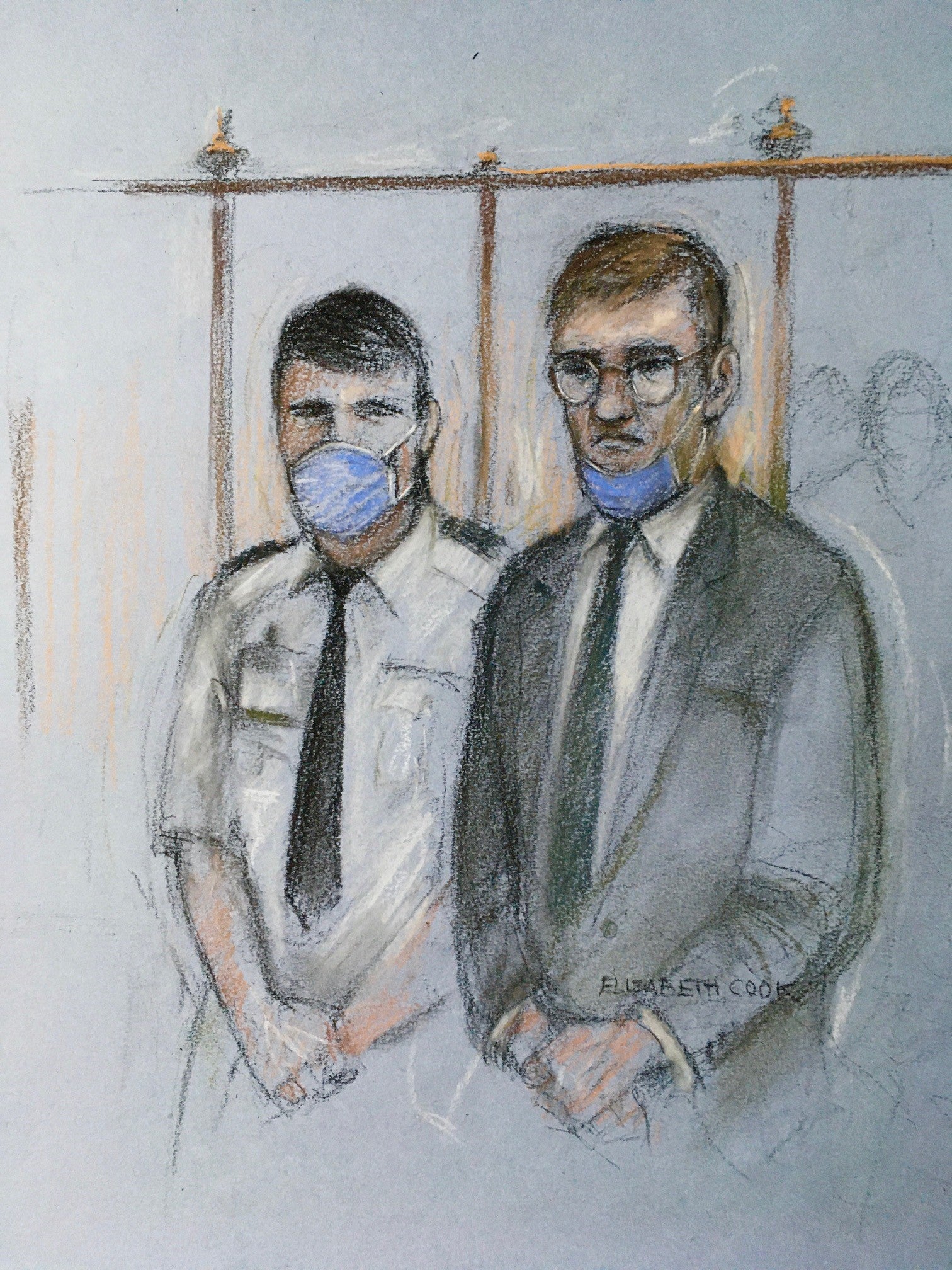
Jurors in the trial of Mr Watson were sent out to deliberate last week before being urged to finally solve the murder mystery.
Here is a look back at some of the key moments from the trial:
Defendant ‘strangled boy with coat’
The court was told that Mr Watson, now 40, had allegedly launched a “surprise attack” on Rikki and strangled him with his own jacket on 28 November.
Prosecutor John Price QC said: “He had been strangled. The body was naked. It was lying on the ground, flat on its back.
“It had been deliberately posed by the killer, in a star shape, with outstretched arms, and his legs placed wide apart.”
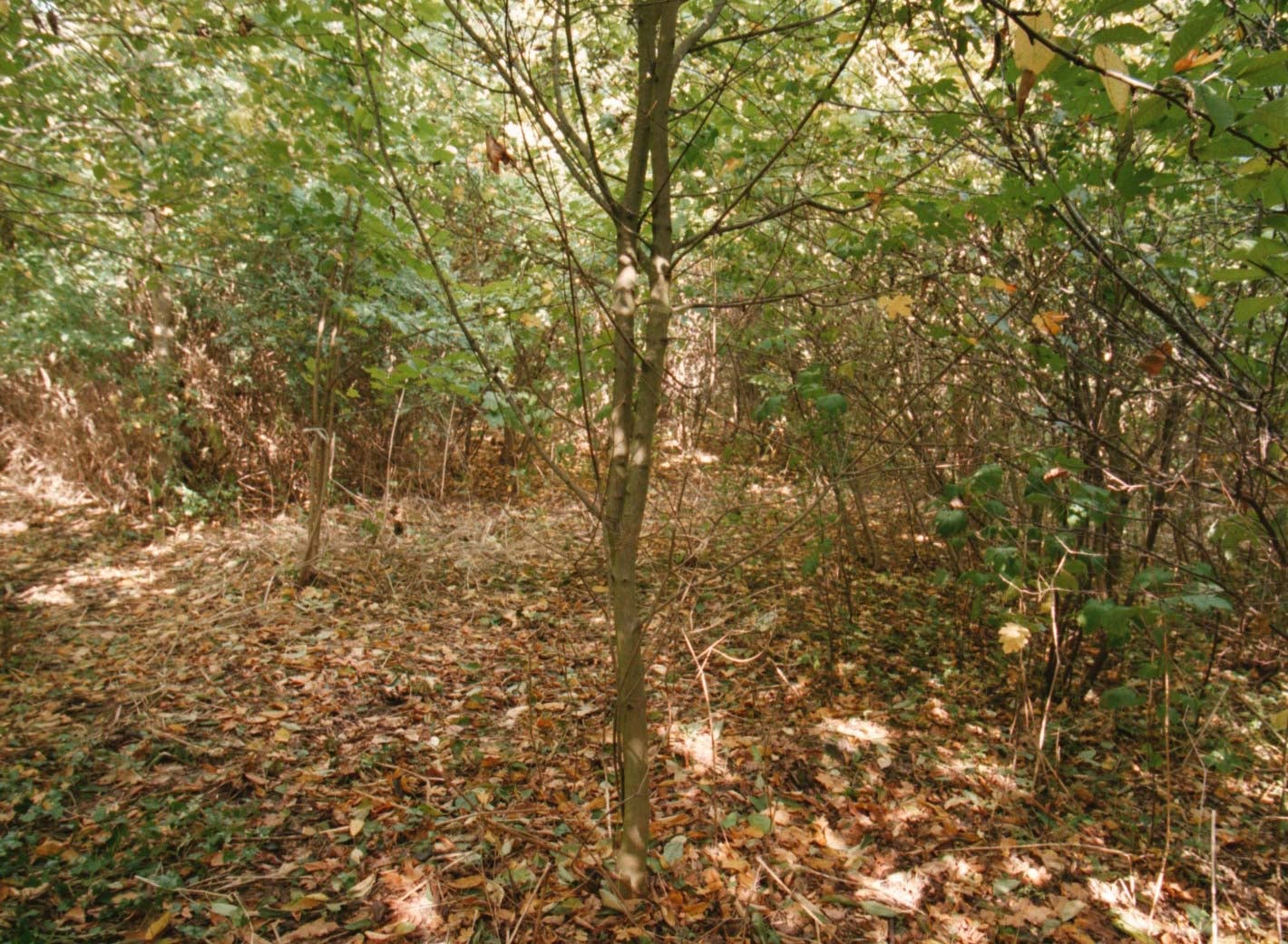
The trial also heard how a zip-shaped mark was left on the body of the six-year-old allegedly strangled by his own coat.
Dr Nat Cary suggested to the court Rikki was strangled by grabbing his clothes in a “twisting action” from behind. He described it as a “swiftly executed” attack and he was placed in the position in which he was found soon after death.
Dr Cary said after he saw the jacket he was “more certain” it was used to strangle him, but added his finding was not absolute.
Boy made up murder tale before killing Rikki Neave, court hears
James Watson, now 40, spoke to his mum about a boy being abducted and strangled near to where Rikki Neave went missing days later, the jury was told.
John Price QC, prosecuting, told jurors at the Old Bailey Mr Watson had made a radio report about an imaginary killing.
He reportedly asked his mother if “a two-year-old boy had been abducted from the Paston area of Peterborough and he had been strangled and left naked off the Paston Parkway”, and that the body was found by “the dyke”.
“If Watson invented such a report of child murder on Friday, 25 November 1994, what is one to make of the fact that only three days later, on the Monday, such a rare and terrible thing did happen in Peterborough?” Mr Price added.
Asked about it in 2016, Mr Watson, of no fixed address, said he could not recall saying it.
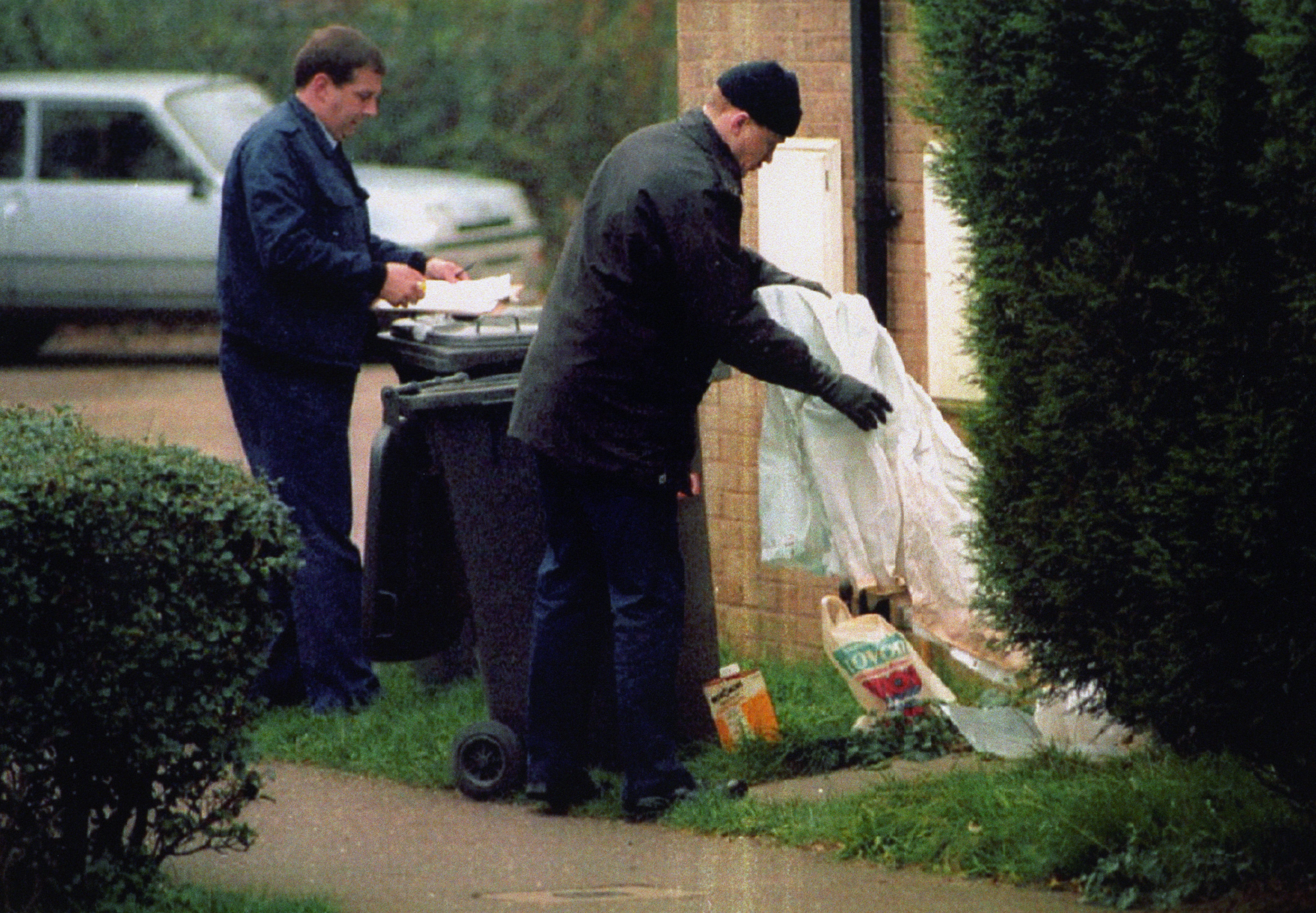
James Watson’s mother accused of ‘covering up for him’
After the boy's death, the court heard the defendant had told police he had visited his mother Shirley Cliffe that day, which she denied at the time.
In her statement in 1995, Ms Cliffe (then Shirley Watson) said: "I had a conversation by phone with my son James Watson... James told me that a baby had been found over the dyke near Welland.
“He wanted me to say if what he had heard was true.
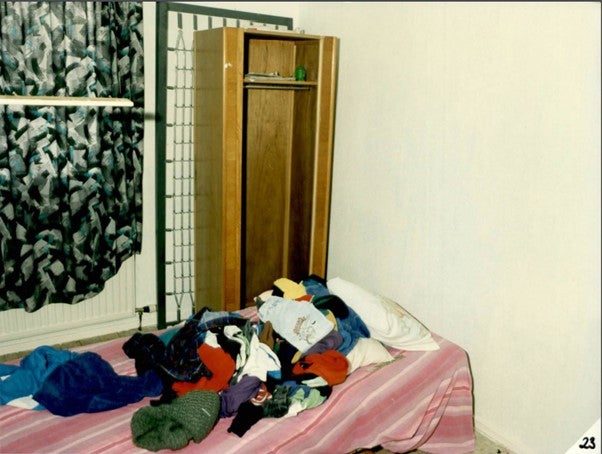
“I told him that I had not heard this before and knew nothing of what was said.”
Giving evidence at the trial at the Old Bailey, Ms Cliffe was asked to confirm her statement and repeatedly told jurors it was not true.
Prosecutor John Price QC asked: “Have you, Ms Cliffe, come to realise the significance of the fact of this conversation taking place as it did before Rikki Neave died? Has it been explained to you by your son? Are you lying to protect your son?”
Ms Cliffe said: “No, I am not.” Mr Price pressed: “Have you been asked to lie for your son?”
Ms Cliffe raised her voice as she replied: "No, I have not, 100%."
Defendant denies ‘unhealthy interest in dead birds and young children’
Mr Watson, a police officer’s son, denied having an unhealthy interest in dead birds and young children, the court heard.
Giving evidence, Mr Watson told jurors that their interaction on 28 November was the “first and only time” he had met Rikki.
Mr Watson denied a former girlfriend's evidence that he once killed a sparrow with a stone, saying: “All my life I have always liked animals, and birds in particular.”
The defendant’s lawyer, Jennifer Dempster QC, asked about a claim that he kept a “bespoke” clothing catalogue, featuring young children in underwear, in his room when he was in care.
Mr Watson told the court: “Absolutely not.”
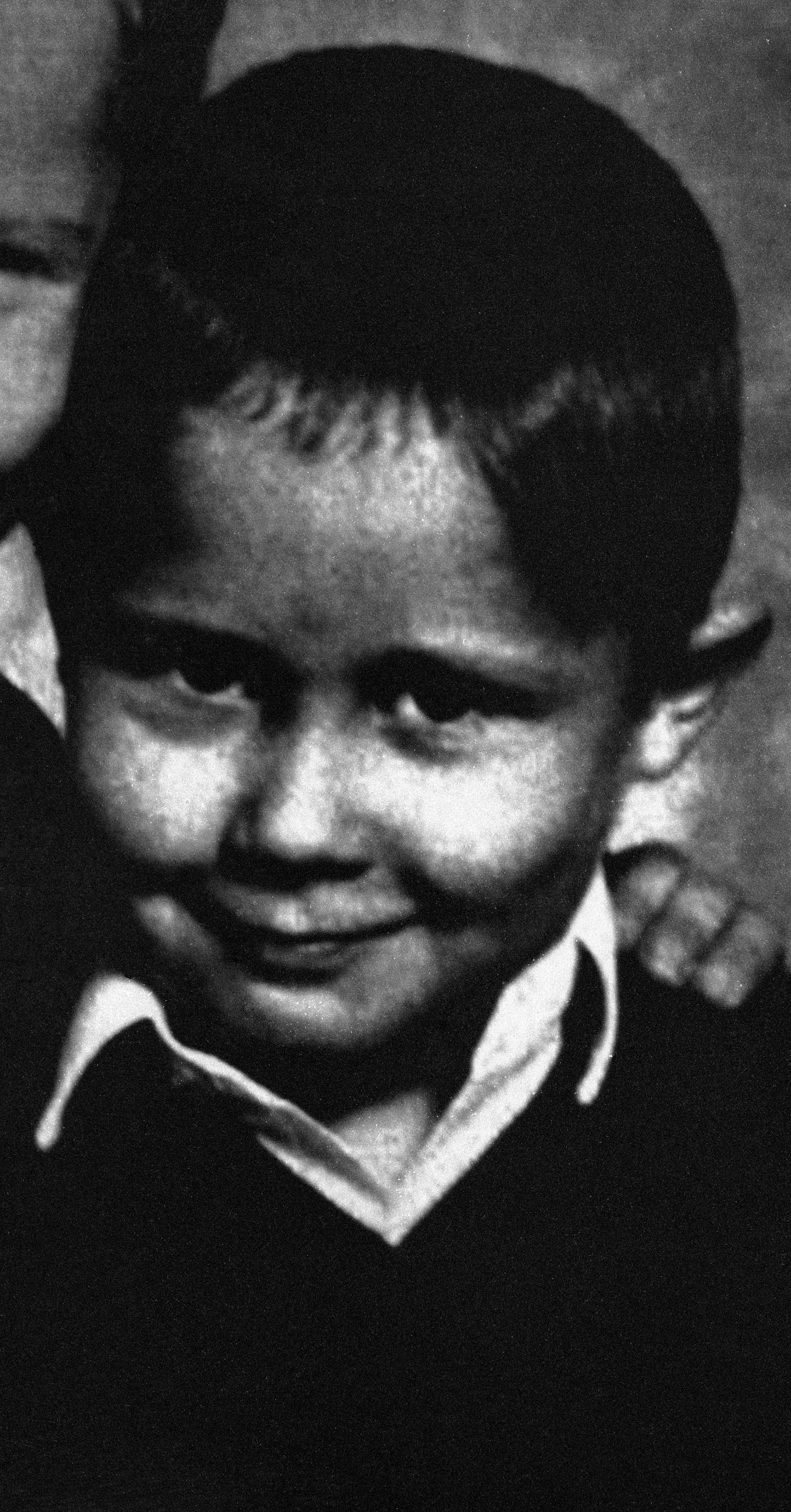
James Watson 'indecently touched' Rikki Neave's friend
The trial heard a complaint was made to police about an incident involving Mr Watson and a friend of Rikki's, in April 1993, but was not taken further.
Reading an agreed fact, prosecutor John Price QC told The Old Bailey jury that the mother of Rikki's friend, who was five at the time, had reported that her son had told her Mr Watson had touched him inappropriately.
She gave further details to a social worker at the time, that her son had been encouraged to touch Mr Watson, and the accused had liked it, Mr Price said.
“James [Watson] had told him not to tell anyone,” Mr Price read.
Interviewed in the presence of a social worker at the time, Mr Watson denied touching the boy.
Defendant 'messed up' by leaving UK after arrest
Mr Watson told his sister he “messed up” by leaving Britain while he was under investigation, a court heard.
The Old Bailey heard the 40-year-old left for France three months after he was arrested on suspicion of Rikki's murder.
Jurors heard Mr Watson was arrested in April 2016 when the case was reopened - and stayed in Northamptonshire after his release under investigation.
He left the UK three months later with another man in a motorhome, before contacting his sister, Clair Perna, from France.
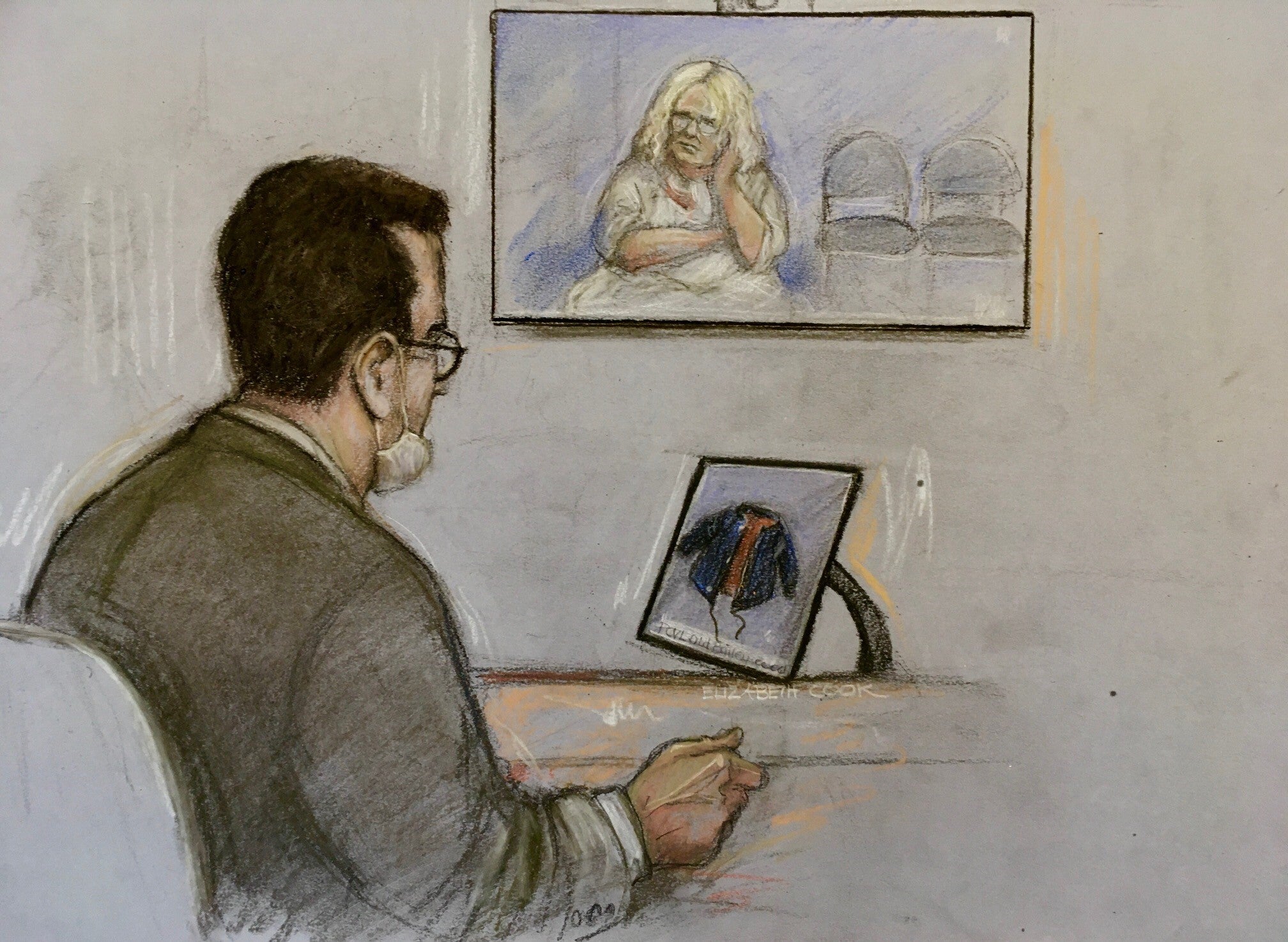
Ms Perna, 43, told the court her brother said he “was in a lot of trouble and he had made a huge mistake”, telling her he had “messed up” by leaving the country.
She said: “Next time he rang, he said, 'I need help. I'm in more trouble than I imagined and I need to get back to the UK'.”
Ms Perna told her brother to try to contact a man she knew called Mario in Porto, Portugal.
After being told he would need a passport interview, she said the pair opted for a “second option” of going to an embassy in Portugal.
Ms Perna said she told police Mr Watson was “going into the embassy”.
The trial continues.
